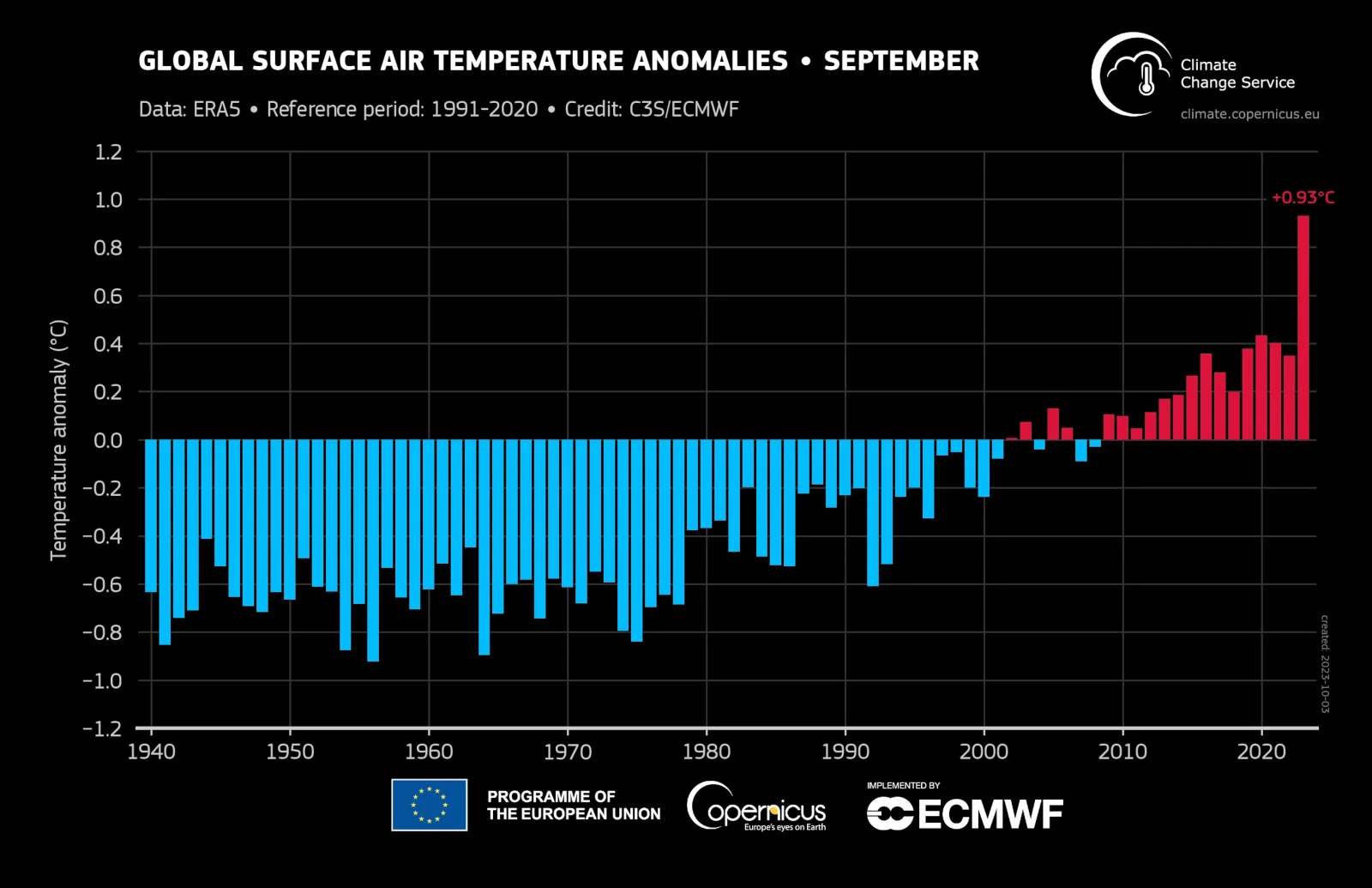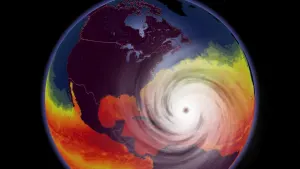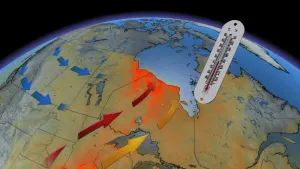
September sets 'gobsmackingly bananas' record for global heat
Even with three months still left to go, 2023 is already the new hottest year on record for the globe.
Climate scientists were truly shocked when they tallied September's global temperatures, with one calling them "absolutely gobsmackingly bananas."
So far in 2023, we've seen the growth of a new El Niño across the Pacific Ocean, along with record temperatures set in the Atlantic Ocean as well. This past summer was the hottest since 1850. Even Antarctic sea ice, which went through roughly three decades of growth up until the 2020s, set new record lows for both its February summer minimum and its September winter maximum. Scientists are concerned now that the Antarctic sea ice system may have entered a new regime of much lower ice extent.
As a result, we are already guaranteed that 2023 will end as the new hottest year on record.
READ MORE: Record-setting summer locks in 2023 as the next hottest year on record
However, when scientists analyzed temperatures from around the globe for the month of September, they had to come up with new ways to describe what they were seeing.
Zeke Hausfather, a climate scientist at Berkeley Earth, had one of the more unique descriptors, calling them — in his professional opinion — "absolutely gobsmackingly bananas."
According to Europe's Copernicus Climate Change Service, September's global average surface temperature was 16.38°C, which is +0.93°C above the 1991-2020 30-year climate average.
This beat the previous record, set in September 2020, by 0.5°C and was roughly 1.75°C warmer than the September average from preindustrial times (1850-1900).

This bar graph of global average temperatures for the month of September between 1940 and 2023 reveals just how much warmer September of this year was compared to every other September for the past 82 years prior. (Copernicus via WMO)
DON'T MISS: How have emissions contributed to the current heat records?
"The unprecedented temperatures for the time of year observed in September — following a record summer — have broken records by an extraordinary amount," Samantha Burgess, Deputy Director of the Copernicus Climate Change Service, said in a World Meteorological Organization press release. "This extreme month has pushed 2023 into the dubious honour of first place — on track to be the warmest year and around 1.4°C above preindustrial average temperatures. Two months out from COP28 — the sense of urgency for ambitious climate action has never been more critical."
"Since June, the world has experienced unprecedented heat on land and sea," WMO Secretary-General Prof. Petteri Taalas added. "The temperature anomalies are enormous — far bigger than anything we have ever seen in the past. Antarctic winter sea ice extent was the lowest on record for the time of year. What is especially worrying is that the warming El Niño event is still developing, and so we can expect these record-breaking temperatures to continue for months, with cascading impacts on our environment and society."











